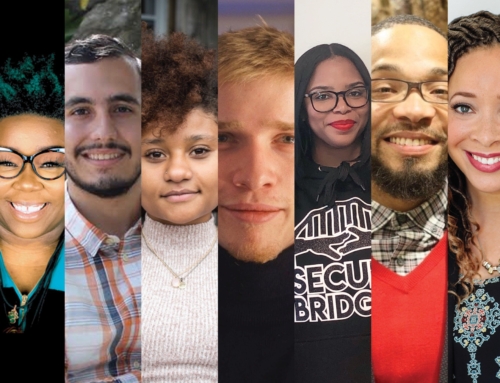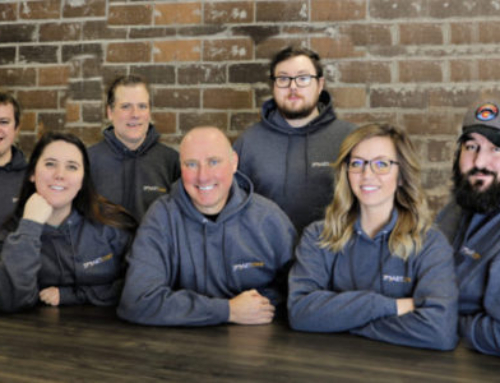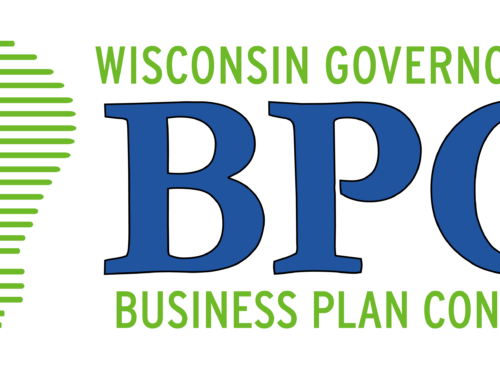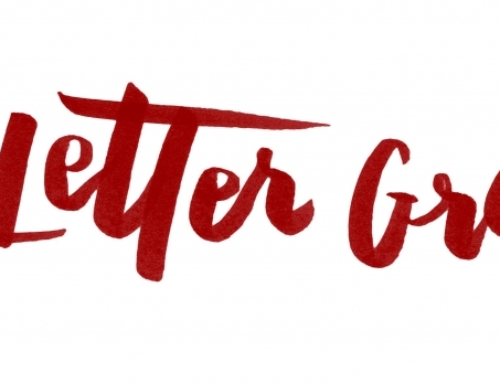The Clinical and Translational Science Institute of Southeast Wisconsin is hosting the 19th Annual U.S. Department of Health and Human Services (HHS) SBIR/STTR Conference, “In the Heartland of Biohealth Innovation,” in Milwaukee Nov. 7-9, 2017. We recently sat down with the local conference chair, Kalpa Vithalani of the Medical College of Wisconsin, to learn more about how the conference will benefit Wisconsin’s startup community.
Q: What is the HHS SBIR/STTR Conference?
A: The three-day national conference is an opportunity for researchers and innovators, as well as business owners or those thinking of starting a business, to learn about America’s Largest Seed Fund, administered through the Small Business Innovation and Research (SBIR) and Small Business Technology Transfer (STTR) grants from the HHS. Eleven federal agencies offer grants under the SBIR program, while five agencies do so under the STTR umbrella; this conference is specifically for the HHS SBIR/STTR Program. We are expecting about 600 people from all over the U.S. to attend the conference, which will be held at the Hilton Milwaukee City Center.
This is the first time this annual national HHS conference has been held in Wisconsin. It is a big win for Wisconsin entrepreneurs and researchers, as they will have a firsthand opportunity to learn from HHS experts about successful SBIR/STTR applications to commercialize their innovations, without having to travel outside the state. In addition, the conference offers an opportunity for our state to tell our incredible story: Wisconsin has world-class research institutions, a highly skilled workforce and a collaborative mindset, positioning Wisconsin to deliver integrated health care solutions to the world. Our state is, and should be, a destination for innovation.
Q: What is SBIR/STTR grant funding?
A: The SBIR/STTR programs are highly competitive and encourage domestic small businesses (defined as companies with up to 500 employees) to increase private-sector commercialization of innovations derived from federal research and development funding. Through their awards, which can range from $75,000 up to $3 million, these programs enable small businesses to move from ideation to commercialization and stimulate high-tech innovation. This way, the U.S. fosters entrepreneurship while meeting its research and development needs.
The SBIR and STTR programs differ in two ways, related to the program director/principal investigator (PD/PI) and nonprofit research partner. Under SBIR, the PD/PI must be primarily employed by the small business, while under STTR, the PD/PI may be employed by either the small business or the collaborating nonprofit research institution. The STTR Program requires formal collaboration in a public-private partnership between a small business and a nonprofit research institution.
Wisconsin small businesses are typically awarded dozens of SBIR/STTR grants totaling tens of millions of dollars annually, due in no small part to resources made available by UW-Extension’s Center for Technology Commercialization (CTC). Their expertise is invaluable in guiding businesses toward developing competitive applications, often aided by microgrants funded by the Wisconsin Economic Development Corporation (WEDC). SBIR awardees may also be eligible for SBIR Advance, a competitive program which provides follow-on business development services provided by CTC and additional grant funding of up to $75,000 provided by WEDC.
Q: What are the conference’s goals?
A: The conference helps investigators and small businesses in the biohealth sector learn about the more than $920 million in funding that is available through the HHS annually for these grants. The HHS will fly 80 to 100 of its SBIR/STTR program managers from most of its institutes and centers to Milwaukee; HHS agencies represented include the Food and Drug Administration, the Centers for Disease Control and Prevention, the Administration for Community Living, the HHS Office of the Inspector General and the Office of the National Coordinator for Health Consultants. At the conference, researchers, innovators and business owners will be able to meet one on one with these HHS experts to discuss research and funding opportunities. Service providers such as lawyers and accountants will also be represented.
Q: Who should attend the conference?
A: The conference is intended for university researchers interested in partnering with small businesses on R&D projects, or in starting their own companies, as well as entrepreneurs and small businesses that are developing, or planning to develop, innovative technologies and products. Larger companies that are interested in developing strategic alliances with successful SBIR/STTR awardees will also benefit from attending and networking with the entrepreneurs and researchers to learn about innovative products and technologies that the larger companies may be interested in licensing and incorporating into their pipelines. Although these grants are typically thought of as being for young companies and those that haven’t even been formed yet, many established companies also may be embarking on projects that would be eligible for this type of commercialization grant. Because of the HHS link, this conference will focus on biohealth innovations, including medical devices, diagnostics, digital health, biotechnology and pharmaceuticals.
Since this is a national conference, an objective on the part of our state is to showcase Wisconsin’s life sciences strength and the resources available for early-stage companies. We are hoping to have good attendance from local researchers and companies to get them thinking about how to effectively translate their technologies into new products and businesses.
Q: How is the conference structured?
A: The conference program will feature exciting and informative plenary sessions by speakers of national repute. Breakout sessions during three parallel tracks will cover specific aspects of the grant application process, and other topics related to commercializing innovations, in greater detail. Concurrently with the breakout sessions, HHS staff will hold one-on-one meetings with attendees. Attendees will have a chance to network with federal agency staff, and one another, over breakfasts, lunches and at two evening networking receptions.
Q: How should an entrepreneur or researcher prepare before attending the conference?
A: If you’re a researcher thinking of starting a company or one who’s started a company already, you’ll want to come prepared with your business cards and elevator pitch. Get comfortable asking specific questions and explaining, in a succinct fashion, exactly what you plan to do, so you can quickly move on to discussing how you can best position your company to become an awardee through these grant programs. Also bring your best networking game. You may meet a representative of a larger company or an academic or government entity that’s interested in launching a joint venture, or you may meet a service provider willing to discuss in-kind support while your business gets off the ground.









FOLLOW US